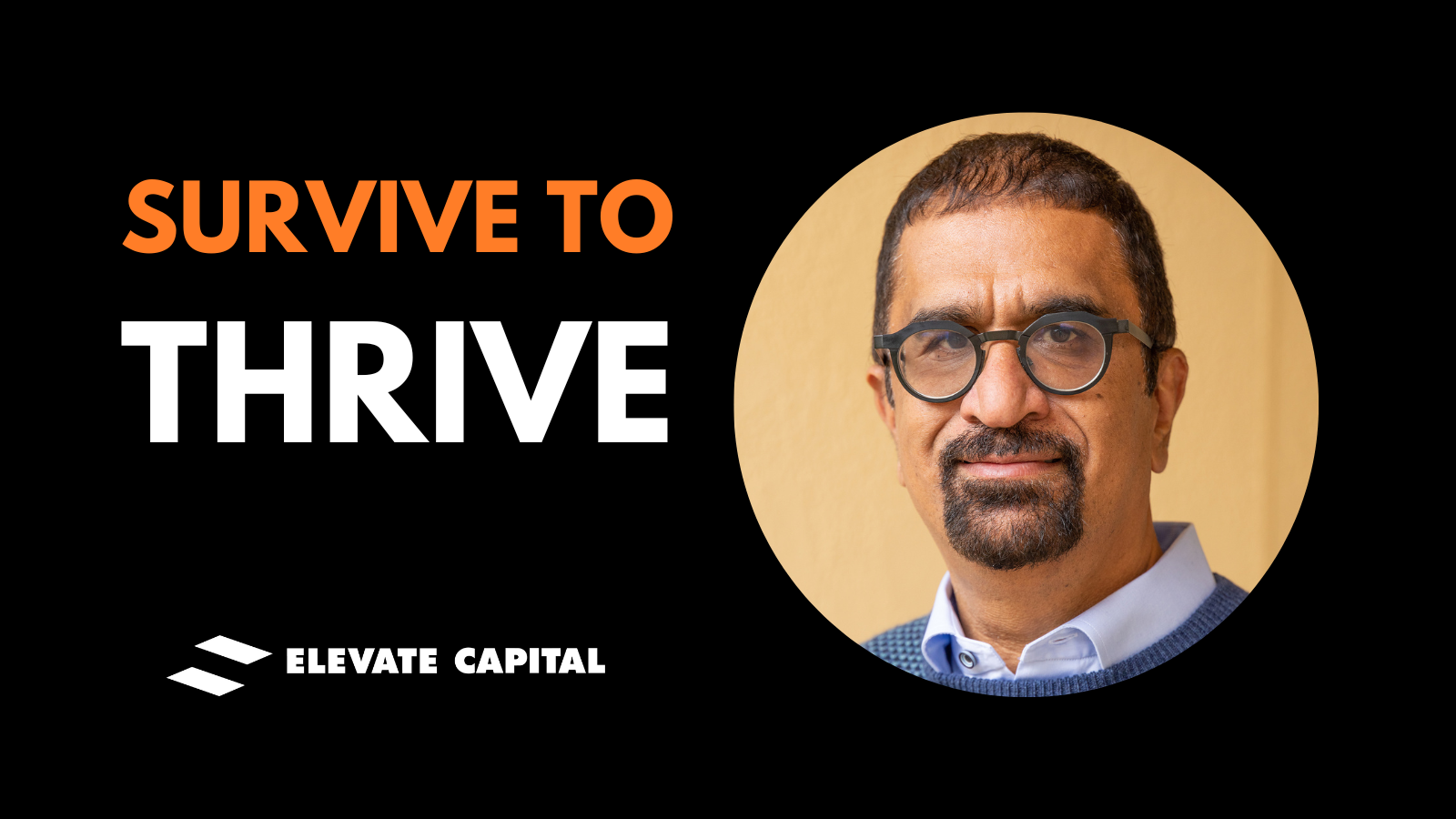The current economic climate is challenging for startup founders, with many companies facing financial cutbacks and layoffs. Every day we hear about large employers, especially in the technology sector, laying off employees in large numbers.
There is constant talk of doom and gloom in the media. But there is light at the end of this tunnel of economic uncertainty, including crashes in the stock market, which has a cascading negative consequence on venture funding.
Balance Financial Stability with Innovation
I have witnessed at least three such downturns and crashes in my career as an entrepreneur and now as an investor. In times of crisis, startups must become cash flow positive or have an extended financial runway to ensure survival. However, it’s also an opportune time to take risks and germinate new ideas that can ultimately lead to growth and success. The key is to balance the need for financial stability with the importance of innovation.
The first step in thriving during tough economic times is to prioritize survival. This means focusing on your cash flow and reducing costs without sacrificing your core business operations and customer success if you are rolling out your product. It may be necessary to reassess your spending and cut back on non-essential expenses. This can be difficult, but it’s crucial to maintain positive cash flow or maintain an extended cash runway to keep your business afloat.
At the same time, keeping an eye on the big picture is important. While cost-cutting measures may be necessary in the short term, they shouldn’t come at the expense of long-term growth opportunities—this is where taking calculated risks can pay off. This is where having seasoned mentors, advisors, and funders who have been there and done that through such tough times can be invaluable.
Consider the Funding Well
If you are approaching new or existing investors for funding, expect or plan for a down or flat round. In addition to pitching your track record of achieving past milestones, offer them extra incentives or present a milestone-based funding plan that involves reducing expenses and increasing revenue.
Remember, the stock market was down nearly 50% by the end of 2022 from its high in 2021. It’s still not fully recovered. In other words, your company is worth a lot less than it was in 2021. Take that into consideration when you are looking to price your next funding round. I did when I was in that situation as an entrepreneur, and it turned out to be a wise move.
In the year 2000, after the .com bubble burst, and again in 2002, after 9/11, I needed to take such measures with the company I founded, First Insight Corporation. I had to cut staff across the board and reduce salaries and expenses to raise a small amount of capital in equity as well as debt with a high dilution. Within 12 months, the company became cash flow positive and eventually bought all the outside investors out. The company recently completed 29 years in business. It survived and thrived.
Take Calculated Risks
Taking risks during a downturn may seem counterintuitive, but history has shown that some of the most successful companies were founded during tough economic times. The reason for this is simple—adversity breeds innovation.
During times of crisis, there’s a heightened sense of urgency and a willingness to try new things. A crisis can lead to breakthroughs and new opportunities that may not have been possible during economic stability.
In other words, when times are tough, it’s the perfect time to take calculated risks and try something new. For example, the 2008 crisis led to the mobile, SaaS and cloud revolution.
Germinate New Ideas: Adversity Breeds Innovation
One way to take calculated risks is to germinate new ideas. Sectors like legal, education, healthcare and government are insular to economic downturns and significant areas to focus on.
Other areas that are emerging front and center are AI and climate-related initiatives. Look for opportunities to pivot your business or create new products or services to serve a changing market.
For example, many businesses have shifted their focus to remote work during the pandemic, creating new opportunities in areas like virtual collaboration and video conferencing. Elevate Capital invested in three companies, Hubb, Brandlive, and The Wild, in this space. All three companies saw tremendous revenue growth and raised significant amounts of capital, with Hubb being acquired by Intrado Digital Media (rebranded to Notified) and The Wild by Autodesk.
Elevate saw great returns, but more importantly, founders Allie Magyer and Gabe Paez and their teams created generational wealth worth millions. All of this was done through serving an essential business need during the COVID crisis.
Germinating new ideas can be challenging, but it’s essential to remain agile and adaptable during times of crisis. It’s also important to stay connected with your customers and understand their changing needs and behaviors; this can provide valuable insights into new opportunities and areas for growth.
A good example was my investment in Zapproved in 2009, led by Monica Enand, its founder and CEO. The company was in the middle of a VC fundraise when the 2008 economic crisis happened, and all the VC money went dry.
Monica pivoted the company to focus on Legal Tech-focused SaaS software to help in-house legal departments of medium to larger enterprises archive electronic communications (legal holds). As a result, she was able to raise investments from angel investors who were themselves successful entrepreneurs like me to build the business with no early-stage VC funding. It then led to two successful later-stage capital raises and secondary exit events for the company and investors from private equity firms like K1 Investment Management and Vista.
Most recently, Zapproved was acquired by a competitor (Exterro), leading to its third exit. To date, Zapproved remains my most successful investment with the best returns. It survived the turbulent times of 2008 and 2009 “on a dingy” and proceeded to become one of the most successful startups in Portland, Oregon.
Opportunities for Growth and Success
In conclusion, while the current economic climate is challenging for startup founders, there are still opportunities for growth and success. By focusing on cash flow and survival in the short-term, while taking calculated risks and germinating new ideas, history shows that startups can survive and thrive.
Adversity breeds innovation: there’s an opportunity to create something new and valuable in tough times. Partnering with mentor capital-focused funds like Elevate Capital gives you operator experience and early-stage capital, which is crucial to navigating through such times.
Scott Budman of NBC Bay Area recently interviewed me, where I discussed some of my thoughts about innovation during a crisis. History will repeat itself, and some of the most successful companies will be built and funded during this crisis. Watch the NBC video here.
Nitin Rai
Founder & Managing Partner
Elevate Capital
> Follow Nitin Rai on LinkedIn and Twitter
> See KGW-TV Interview: Those Who Serve: Investing in the Future of Business



